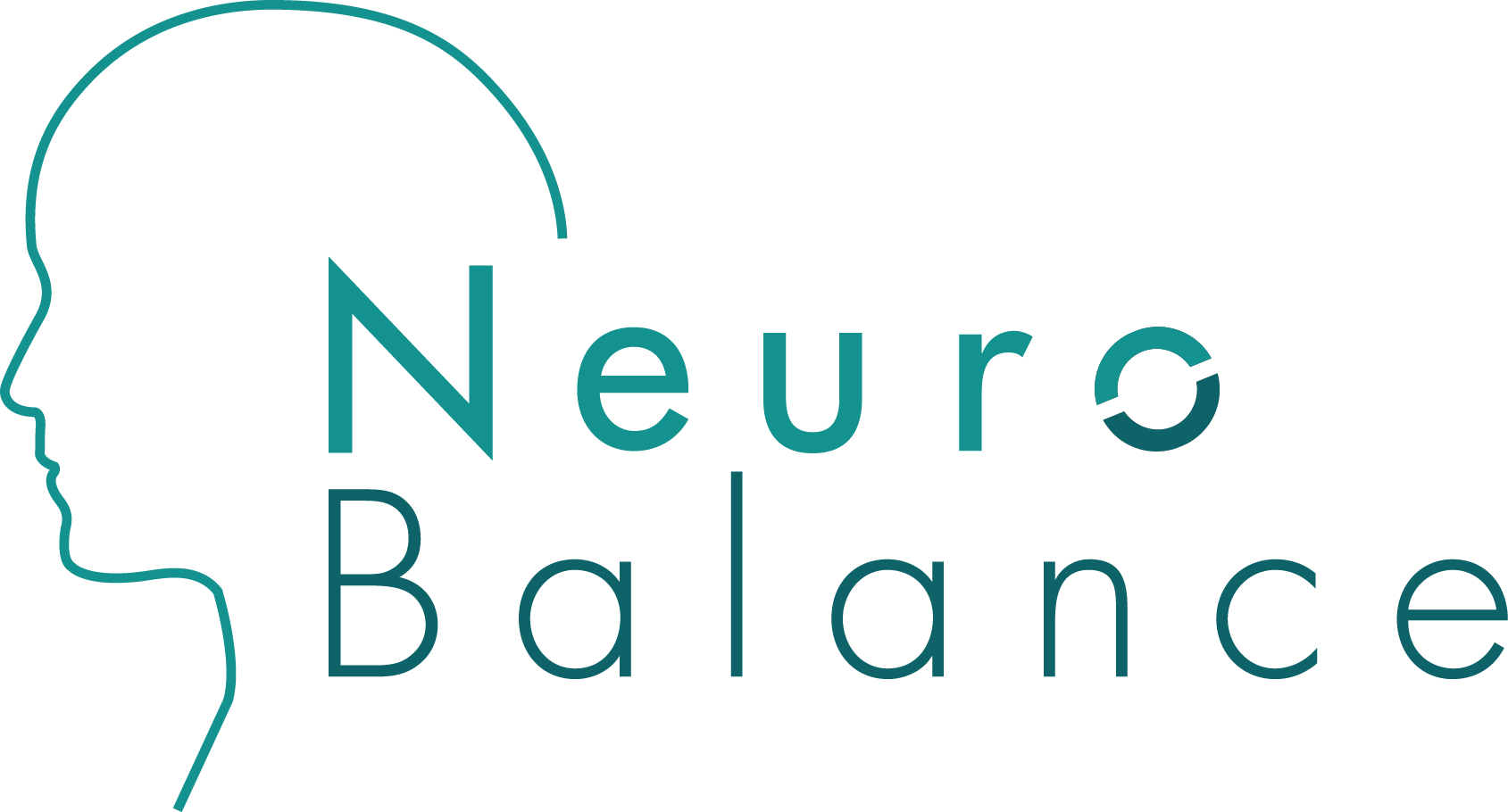PTSD and Social Working Memory Connection
According to the National Institute of Mental Health, almost 7% of the population will deal with PTSD at some point in their life. PTSD is characterized by intrusive memories of a traumatic event which result in persistent sleep difficulties, feelings of loneliness, anxiety and social isolation.
Research from a new study published in the journal Depression & Anxiety, indicates there is evidence that those with PTSD have neurocognitive abnormalities that relate to social connection with others. The findings go on to suggest that PTSD individuals are more likely to struggle with the management of facets of social information.
The idea behind this new study was to determine and gain a better understanding of this link between PTSD and certain social cognitive impairment particularly; social memory.
Social memory is a way of describing a persons ability of manipulating and maintaining people’s mental states, relationships and personalities in the present time.
Lauren M. Sippel and associate director at the Department of Veterans Affairs and assistant professor at Geisel School of Medicine at Dartmouth says, “ Research shows that people with PTSD often have a lot of difficulties in their relationships”. She went on to say, “ I was curious to better understand this phenomenon, which I thought might not be fully explained by PTSD-related avoidance of trauma-related triggers. Maybe something was happening in the level of the brain that made it hard for them to navigate several other people’s mental states at once.” Dr. Sippel went on to explain that she felt the best way to deal with this situation was to work from a context of joining disciplines and perspectives with different expertise. Her expertise lies in dealing with PTSD and social connections.
When she came to Dartmouth College she met assistant professor, Meghan L. Meyer, where they joined forces to examine if the mechanisms of a social working memory brain could be altered in people with PTSD. The hope was to “identify a novel social cognitive skill that’s really relevant to everyday social connection in clinical populations, including individuals with PTSD.”
The research team knew it was critical for one to be able to connect with others comfortably in everyday social settings.
The research uncovered that social working memory was interconnected to a set of cortical regions called the “default mode network”. This brain region helps one maintain and manipulate people’s personal information at a moments notice or in real time. But wasn’t sure if the findings had any clinical relevance.
The research looked at 31 participants with PTSD and compared the data with 21 individuals who were exposed to trauma but had not yet developed PTSD. The participants completed an assessment of social working memory and non-social memory while undergoing functional magnetic resonance imaging. Prior to the brain scan, the participants were to watch a montage from a television program “Orange is the New Black” and describe the four characters.
The participants with PTSD seemed to perform worse on social working memory assessment, which was associated with a hyper-active default network. The results found that people with PTSD exerted more brain energy when inferring the mental states of others. But, more importantly they realized that default network hyperactivity was associated with a smaller social network along with feelings of loneliness.
Dr. Sippel said, “ this brain activity was related to greater loneliness and smaller social network size. We suggest that people conclude that people who have PTSD whose relationships are suffering may be struggling to understand social situations even without their realizing it - and that they try to be as patient and understanding as possible.”
Although these findings are important in realizing the correlations of this default network and social working memory. The research team explained, “ We don’t know whether PTSD leads to poorer social working memory, loneliness, and social network size, or whether problems with social working memory and social connectedness increase risk for PTSD after someone is exposed to trauma. Research suggests that it’s probably a bit of both.”
Poor social connectedness and loneliness are legitimate mental health issues that are now being brought to light. These findings help to expose them to the mental health community so they may be addressed through existing therapies like neurofeedback, cognitive behavioral therapy and psychiatry.
-A Balanced Brain is a Better Brain-
